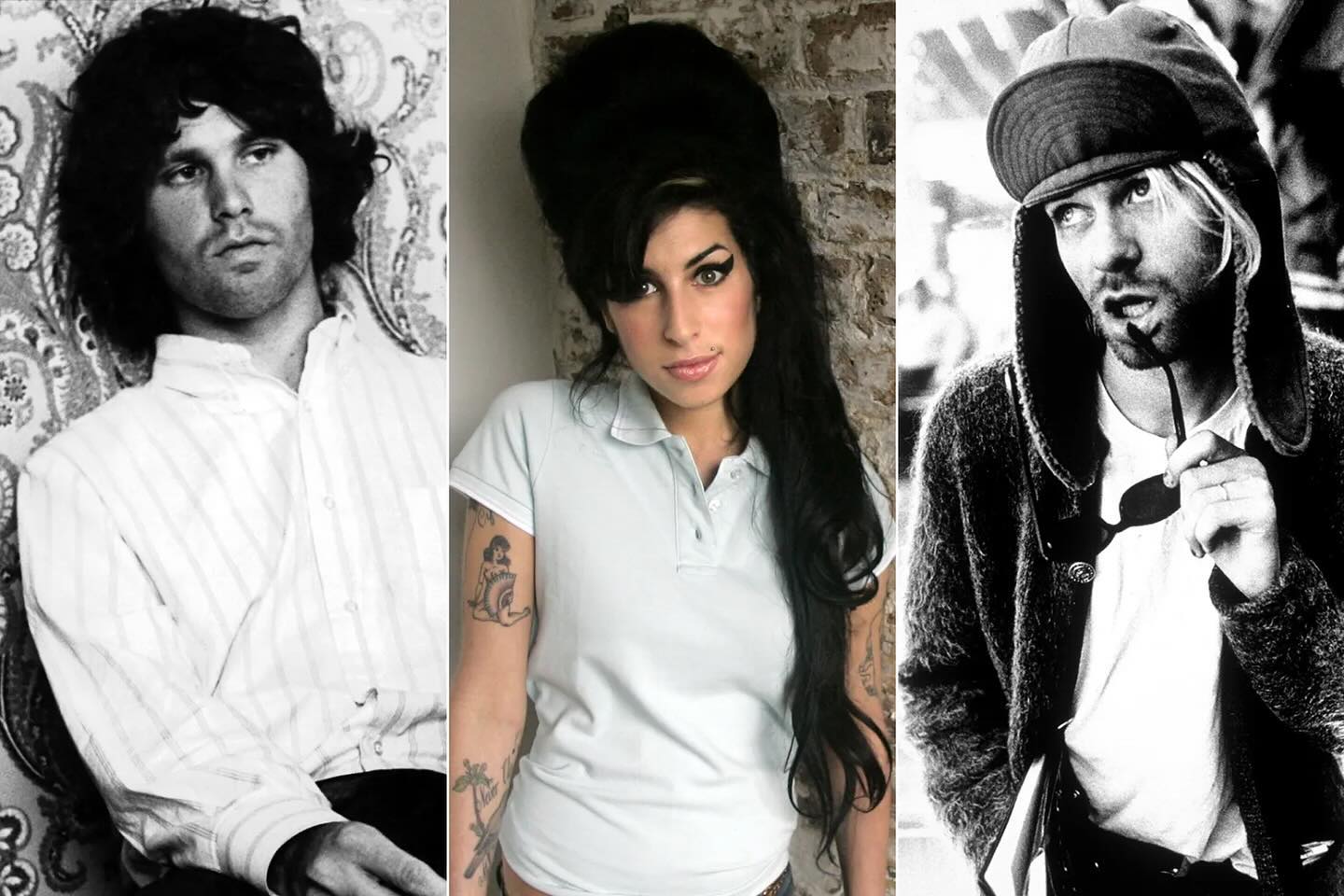When a high-profile person passes away, the public reaction is often grief. The sense of collective mourning can be seen across social media, in the news, and in casual conversations. Questions may frequently arise, including:
“Why do I feel so sad for someone I’ve never met?”
“Is it normal to feel this way about a celebrity?”
The truth is, these reactions are normal, and the process of normalising such emotions is an important part of coping with loss – whether it be personal or societal.
Parasocial Relationships and Emotional Bonds
One of the reasons people feel affected by the death of a high-profile person is the concept of parasocial relationships. These are one-sided relationships that individuals form with public figures, celebrities, athletes, or social media influencers. While these relationships might not be reciprocal, they still carry emotional weight.
When we watch a movie, listen to an album, or follow a high-profile person’s life, we may feel a personal connection. Their art or achievements might have helped us through difficult times, shaped our identity, or given us inspiration. In this sense, losing them feels like losing a part of ourselves or our history, which is why grief may emerge even in the absence of personal contact.
Grieving in Public Spaces
One of the challenges in normalising grief for a high-profile person is the public nature of the mourning process. When public figures pass away, their death is often widely discussed, sometimes sensationalised, and repeatedly broadcasted across multiple platforms. This creates an environment where it can be difficult to escape the ongoing coverage. For some, this collective experience of grief can be therapeutic – knowing that many others share the same sadness can create a sense of unity.
However, some may find it overwhelming, especially when dealing with personal grief. The constant flow of news, tributes, and analysis can feel feel disproportionate to their own emotional capacity. It’s important to understand that everyone processes grief differently. Some may need to step back from the media and focus on their well-being. Others may need to engage and honour the figure in a way that feels meaningful to you.
The Significance of Symbolism
When a high-profile person passes away, they often represent something larger than themselves. Their death may symbolize the end of an era, the loss of a cultural icon, or the closing of a chapter in history. This symbolism can trigger feelings of nostalgia, reminding us of our own mortality or evoking memories of specific times in our lives.
For instance, the passing of a beloved musician may take us back to our youth or help us recall moments where their music was a comfort. The death of an activist or leader might reignite feelings of injustice, admiration, or a sense of lost progress. In this way, the grief we feel is often tied not just to the person, but to what they stood for and the meaning they brought into our lives.
Make Sure you Validate your Feelings
It’s important to understand that mourning a public figure is a valid emotional experience. Whether you feel deep loss or simply recognize their impact, your feelings are real. Normalising this means accepting that parasocial relationships are part of modern life. Grief over a high-profile person can be just as deep as other types of grief. Allow yourself to feel, reflect, and engage in ways that feel right for you. This helps you process the loss and may lead to new connections with their memories or messages.
If you or anyone else you know if struggling with the grief of a public figure, you can access supportive counselling 24 hours a day through Lifeline.
*Image Source – Rolling Stone




































